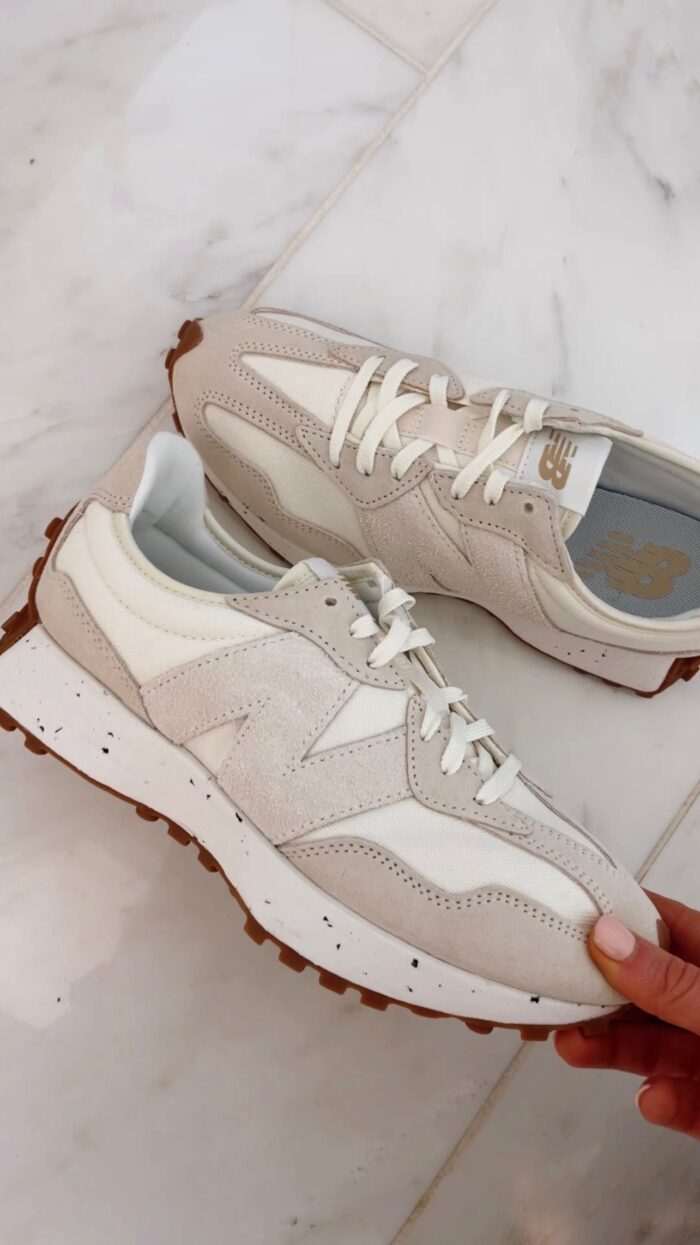2023’s Sustainable Journey: An Overview of Key Events and Achievements – Unleash Fashion
Introduction
As the world addresses its growing climate crisis and the need for sustainability, the fashion industry is at the forefront of innovation and transformation. From addressing microplastics to adopting an acceptable circle, the industry is taking the necessary steps to reduce its impact on the environment and promote a sustainable future. Before we move on to the year 2024 and its action, Let’s take a quick recap on some of the major events and achievements of 2023’s Sustainable Journey. Check out what were the main highlights of this year’s sustainability events and actions.
January
Tackling microplastics and microfibers

The year began with the innovative development to reduce the amount of microplastics and microfibres in the environment. These include new washing machine filters, enzymes that can break down plastic, and absorbent powders that can capture microplastics. Microplastics and microfibres are tiny pieces of plastic that are less than 5mm in size. Recent discoveries of microplastics from synthetic textiles being found in antarctic air, water, sediment, and ice have proven that there are no bounds to the reach of plastic waste. Microplastics and microfibres can enter the environment through wastewater, stormwater runoff, and litter. Zara Home partnered with chemical company BASF to create a laundry detergent designed to address and reduce microfibre emissions by up to 80%.
February:
Innovation with bioplastics, COP15, and Vagunuary to have a genuine impact
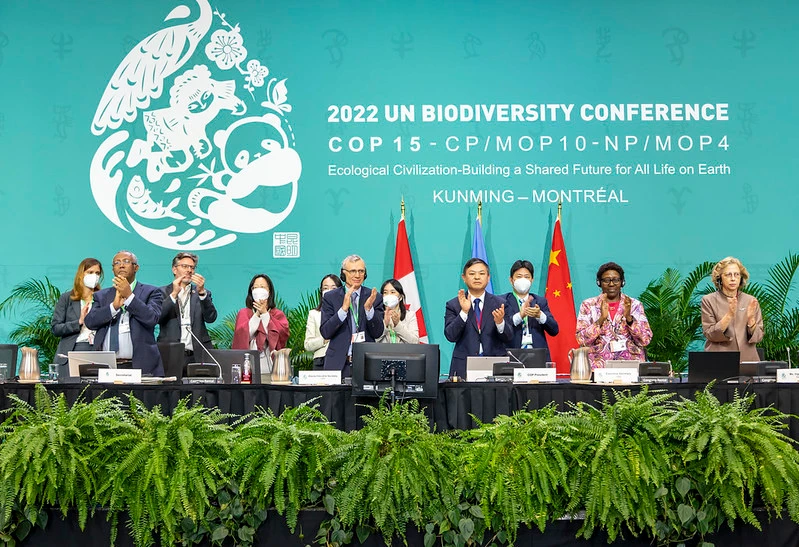
The highlight of the month focused on bioplastics. Bioplastics are plastics that come from renewable sources such as plants and algae. They are considered a more sustainable alternative to fossil fuel plastics. However, bioplastics have not yet reached their full potential due to many challenges of high cost and limited functionality. To address these challenges and make bioplastics viable alternatives to conventional plastics. This includes developing new bioplastic materials with improved properties and finding ways to reduce production costs.
COP15: The biodiversity goals set by COP15 pave the way for countries and businesses to seriously make transformative changes that can have a positive impact on the world. More than 190 countries have ratified a treaty to protect 30% of the planet’s land and oceans by 2030 with the goal of protecting nature.
Veganuary has grown again around the world and there is a huge knock-on effect with people demanding plant-based foods, vegan beauty products and vegan products rising The Emirates Palace in the UAE has unveiled a vegan suite, which was designed by a they do not contain animal-derived products, and offered vegan toiletries, a small bar selection and an exclusive room service menu centered on vegetarian favorites
March:
Urban eco-tourism gathers pace
Eco-tourism is tourism that focuses on environmentally friendly travel. It is gaining in popularity as consumers realize the environmental impact of their travel choices. Urban ecotourism is a growing trend, as cities around the world are developing products and environments that support sustainable travel. These cities offer environmentally friendly activities, such as ecotourism, green spaces and renewable energy options.
April:
Algae in innovation grows across countries
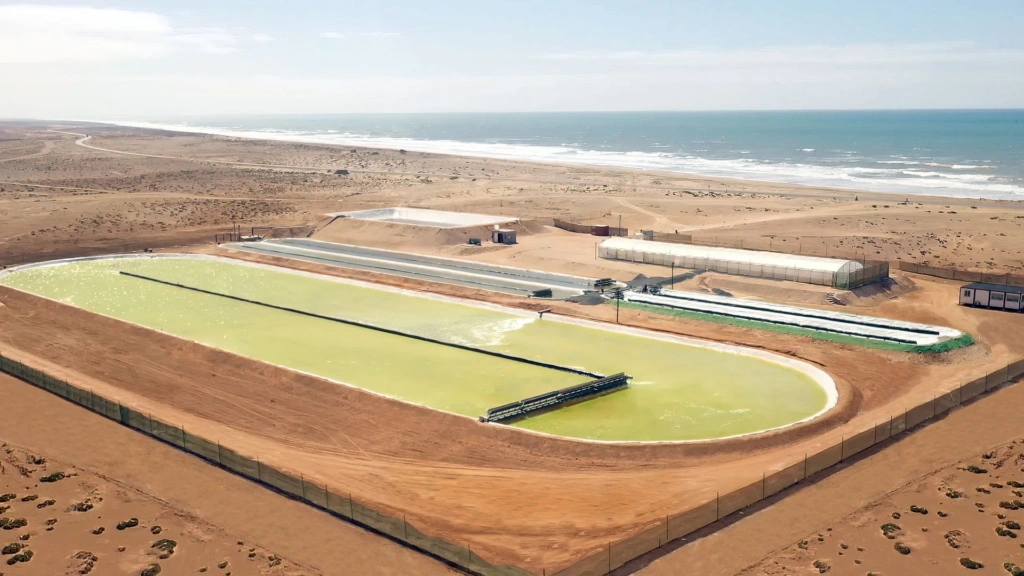
In addition to faux leather, Algae is rapidly gaining traction across various industries, as the Top Trends for 2023. It’s becoming a valuable regenerative component in food, nutrition, beauty, materials, fuel, and wearable tech.
Algae, grown in diverse settings, absorb CO2, produce O2, and purify wastewater, boasting high biomass, protein, and oil levels. Companies like Brilliant Planet and SeaH4 are harnessing algae for large-scale production and eco-friendly biofuels. Universities like Sussex are experimenting with algae-based wearable tech for health monitoring. Algae also contributes to sustainable materials and dyes, with firms like Living Ink pioneering algae-based products for fashion and beauty brands. Moreover, algae is explored as a food source, substituting meat and seafood with Spirulina. To leverage this regenerative, nutrient-rich, and CO2-reducing ingredient, industries are urged to explore its potential applications and collaborate for investment and scalability.
May:
Design for survival ramps up
With governments intensifying their efforts against greenwashing, an increasing number of brands are utilizing Earth Day as a platform to introduce initiatives instead of mere product launches.
The latest IPCC report has reaffirmed the urgency of the climate crisis. Designers are responding by developing products and solutions that can help people and the planet adapt to the impacts of climate change.
These solutions include:
- Passive cooling systems for homes
- Protective clothing for extreme weather conditions
- Sustainable materials and products that can help reduce our environmental impact
June:
Milan Design Week 2023
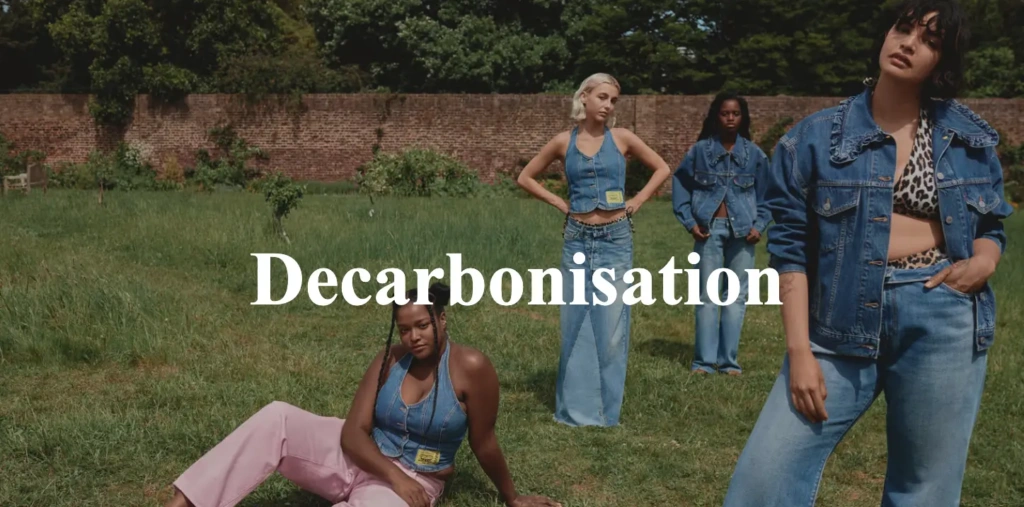
Milan Design Week is one of the leading design events in the world. It is a showcase of the latest innovations in sustainable design. This year’s Milan Design Week featured a wide range of products and concepts addressing sustainability challenges. covering the words for;
- Energy efficient construction
- Fashion made from recycled materials
- Designs that recycle industrial and consumer waste
The World Fashion Forum: Copenhagen Edition 2023, the leading conference on sustainability in fashion, brought together key stakeholders from the fashion and associated industries and created a transparent platform that it means making net good deeds work as a central theme. With that being the highlight, the brand owners took accountability for improving Worker’s Rights.
July:
The H&M Global Change Award recently doubled its winners, granting €2m to innovators in recycling, design, and materials to revolutionize the textile industry. Among the winners includes KBCols Sciences from India which does biofermenting eco-friendly textile dyes.
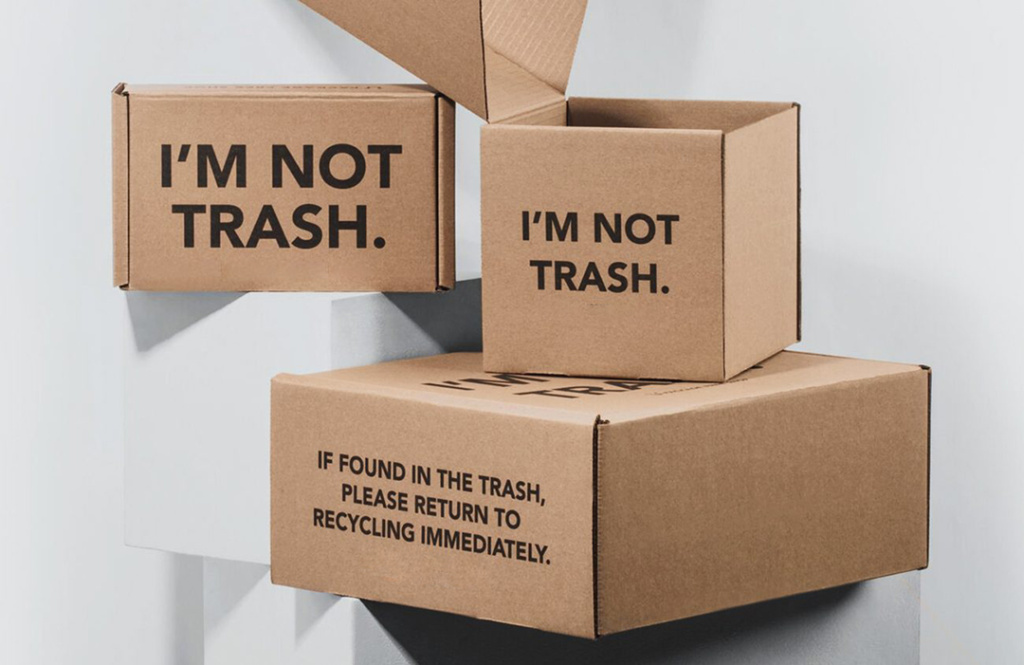
The Global Organic Textile Standard (GOTS) and the European Space Agency have joined forces to oversee organic cotton using satellite technology. This pioneering initiative utilizes AI-driven satellite data to identify cotton fields throughout India, effectively differentiating between organic and non-organic crops, ultimately minimizing fraudulent practices within the sector.
August:
Resale platforms boom as retail gets a circular makeover
Resale platforms are becoming increasingly popular as consumers become more environmentally conscious and cost-conscious. Resale platforms offer a number of benefits, such as Reducing the environmental impact of consumerism, Giving products a second life, and Providing consumers with access to affordable goods. UK has been seen at the forefront in adapting to the circular market, while tech companies like Apple are also involved to begin refurbishing goods by this year.
September:
Global boiling begins
Global boiling has led to an increase in the frequency and intensity of heat waves. It is a symptom of the climate crisis and is having a significant impact on people and the planet. Brands are now taking the initiative in responding to global boiling by developing products that protect people from the heat. This has increased sales for products like, Sun protection clothing, Skincare with anti-pollution properties, and Cooling accessories, the market is set to reach $1.4bn by 2031 as per the WGSN report.
October:
AI revolutionises smart waste management

AI is being used to revolutionise smart waste management. AI-powered systems can help in Optimising waste collection and sorting routes, tracking waste streams, and automating the parts of the waste management process. These systems can help to reduce waste and improve the efficiency of waste management operations.
Fashion brands must proactively comply with the EU’s Waste Framework Directive concerning textile waste and adhere to social and environmental regulations outlined in the New York Fashion Act. In India, Kabadiwalla Connect is piloting AI-powered tech for a decentralised waste management system that connects recycling centers and informal waste collectors while distributing smart bins to 1,500 Chennai homes.
November:
Industries take steps to slow biodiversity loss
Biodiversity loss is a major threat to the planet. It is caused by human activities, such as deforestation, agriculture, and climate change. Industries are taking steps to slow biodiversity loss. These include: Setting biodiversity targets, Developing products and processes that have a lower impact on biodiversity, and supporting conservation efforts.
Textile Exchange and The Fashion Pact created a Biodiversity Landscape Analysis for the fashion, apparel, textile, and footwear industries, partnering with Conservation International. The objective was to assist brands in setting biodiversity targets using science-based strategies and continuous improvement.
Conclusion
2023 was an important year for sustainable growth in the apparel industry. As the industry continues to evolve, we can expect more new solutions and changes. From AI-enabled adoption of intelligent waste management to planning for longevity and circularity, the fashion industry is paving the way for a more sustainable future, and as consumers become aware of the environmental impact around us. The demand for sustainable fashion will only increase. Companies that embrace sustainability and prioritize ethical practices will not only be competitive but will also contribute to a more sustainable and responsible fashion system.
Reference: All the reports are referred from the official website of WGSN, and the data and imagery have been credited to the respective sites. The Fashion Pact / Biodiversity Landscape Analysis / Conservation International / Brilliant Planet /UNEP/Ecotextile

